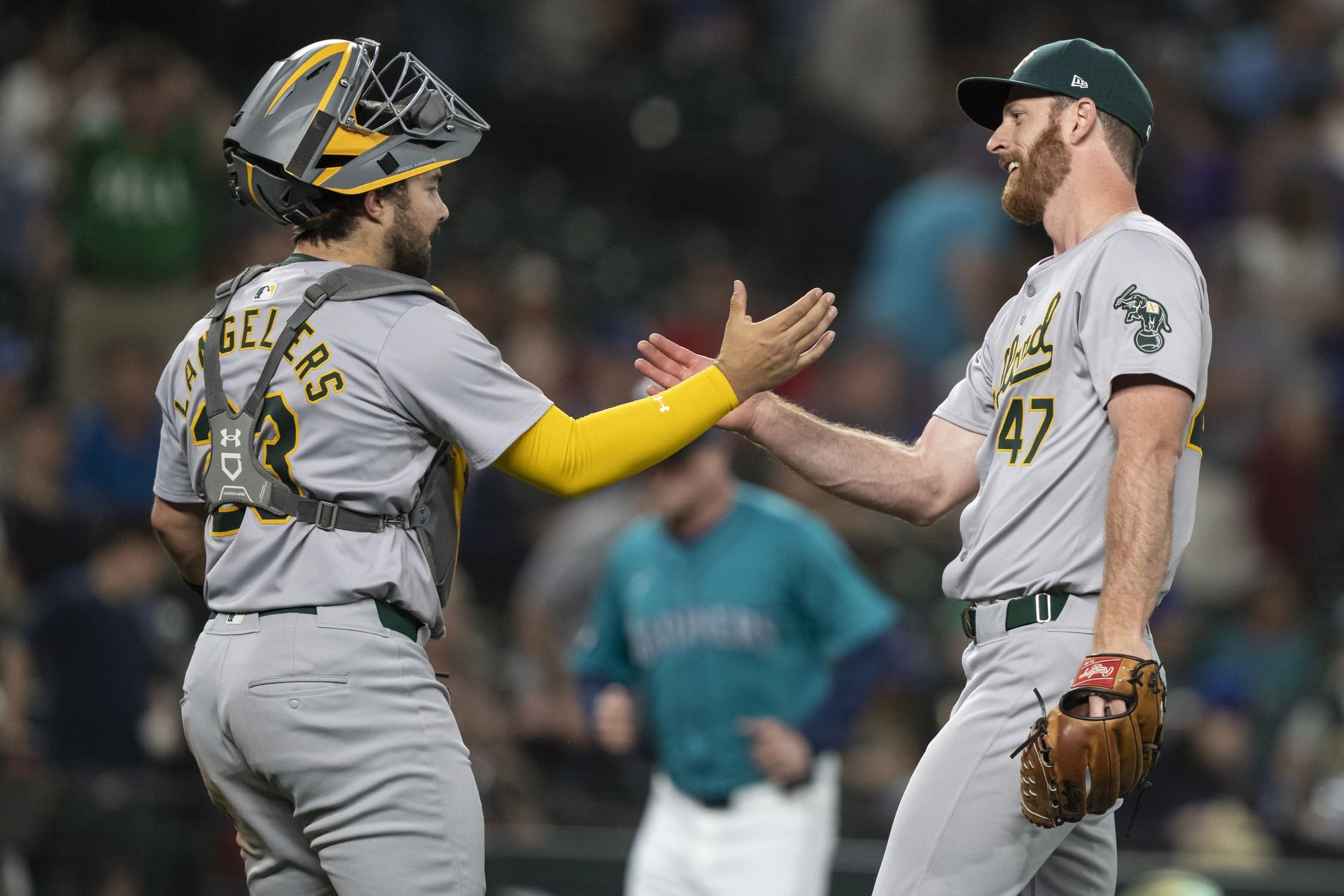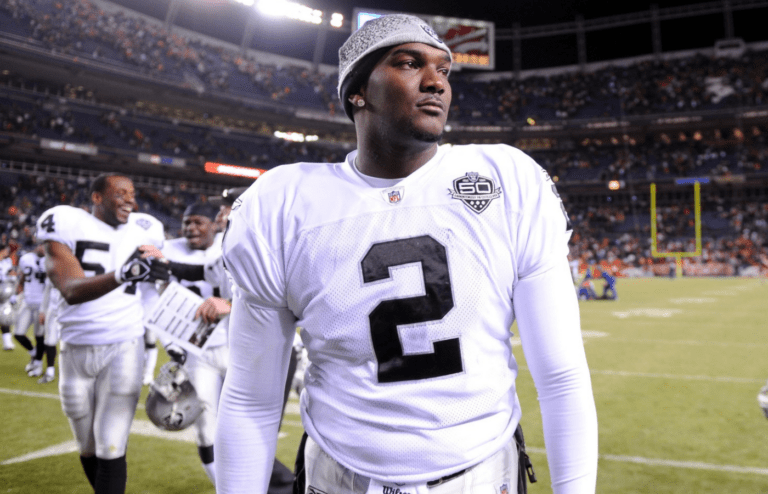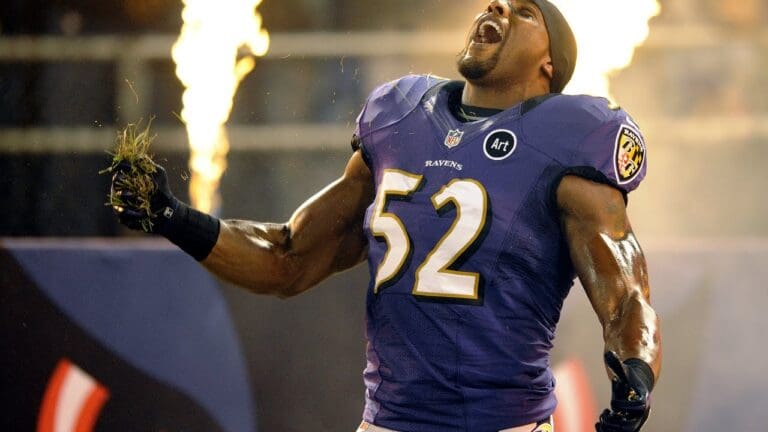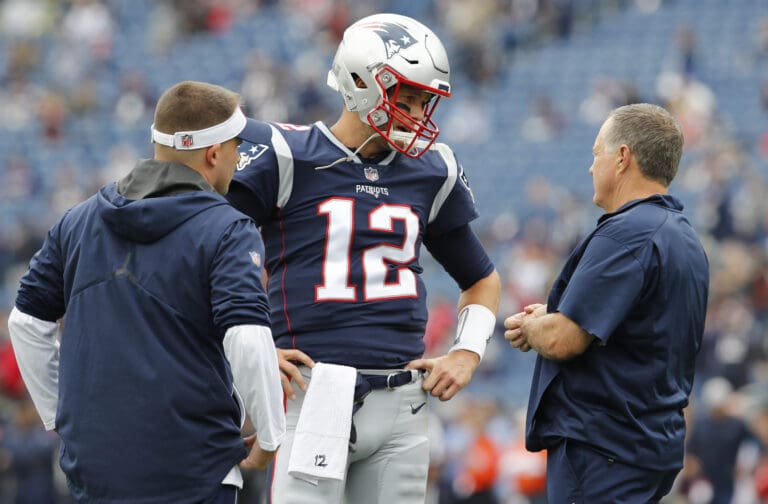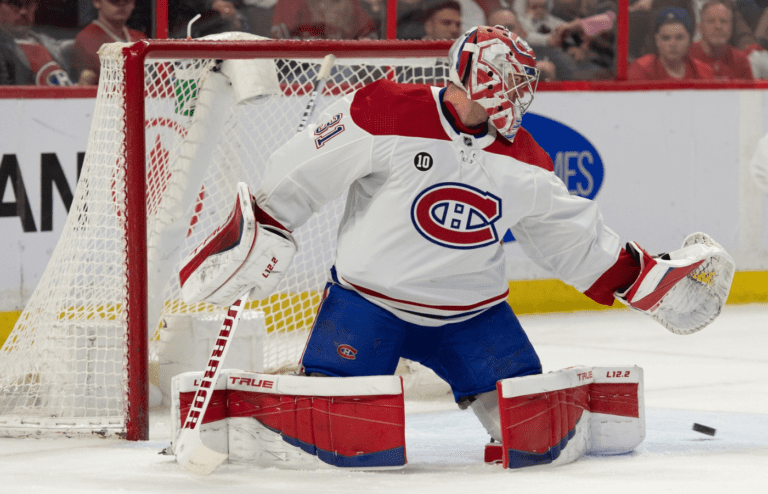MLB reinstates players Jay Groome, Michael Kelly, José Rodríguez, and Andrew Saalfrank after each served a one-year suspension for violating Major League Rule 21, which prohibits betting on baseball games.
These bans, announced in 2024, were automatic under league policy and affected players who had wagered less than $1,000 each on games they did not play in. Had they placed bets on games they attended in person, the penalty would have been a lifetime ban.
Michael Kelly Returns in Style
The Oakland Athletics wasted no time putting Michael Kelly back to work. He was activated Thursday and pitched 1 1/3 shutout innings in a 14-3 blowout win over the Minnesota Twins. Kelly allowed no hits, walked one batter, and struck out two.
Manager Mark Kotsay praised his resilience:
“The last day when he walked out of the clubhouse, I told him to focus on getting through this and continue to prep to be back in the uniform,” Kotsay said. “To have him in a game today and see him have success, it couldn’t been a better part of the day.”
Kelly was suspended for betting while in the minor leagues. The A’s also reinstated T.J. McFarland from the injured list, optioning Elvis Alvarado and Justin Sterner to Triple-A Las Vegas to clear roster space.
Other Reinstated MLB Players Face Uncertain Futures
While Kelly is back on the mound, others face a tougher road.
- Andrew Saalfrank was reinstated but optioned to the Arizona Complex League, the rookie-level affiliate for the Diamondbacks.
- Jay Groome and José Rodríguez were not offered contracts by the Padres and Phillies, respectively, and are now free agents.
Rodríguez and Saalfrank have MLB experience, but their paths back to the majors remain uncertain.
These cases have spotlighted MLB’s strict anti-gambling policies. Rule 21 is posted in every clubhouse, and the league has zero tolerance for violations, even when players are not directly involved in the games.
While these four players did not bet on games they played in, they still faced automatic one-year bans. MLB continues to draw a firm line to protect the integrity of the game, especially as legal sports betting expands across the U.S.

